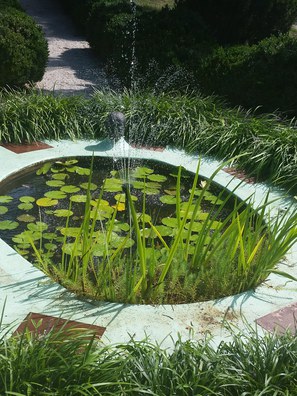
Poet and civil rights activist Anne Spencer (1882-1975) is often overlooked in conversations about the New Negro Renaissance and African American literature, more generally. However, her home on 1313 Pierce Street in Lynchburg, Virginia, served as one of the three major literary salons during the period, and among its notable attributes was Spencer’s Garden, a space that was both her haven and her muse. The critics of her day dismissed her nature-filled poetry as raceless, apolitical, and feminine. In this talk, I suggest that what her critics dismissed as trivial writing is, in fact, Spencer’s radical, innovative thought.
Carlyn Ferrari is an Assistant Professor of English at Seattle University. She holds a PhD in Afro-American Studies and specializes in twentieth-century African American literature and culture with a particular interest in Black women’s literary studies. In her research, she is interested in how Black women theorize the natural world and explores the relationship between Black feminist thought and literary ecocriticism. Her forthcoming monograph about poet and civil rights activist Anne Spencer is entitled Do Not Separate Her from Her Garden and will be published by the University of Virginia Press in December 2022.